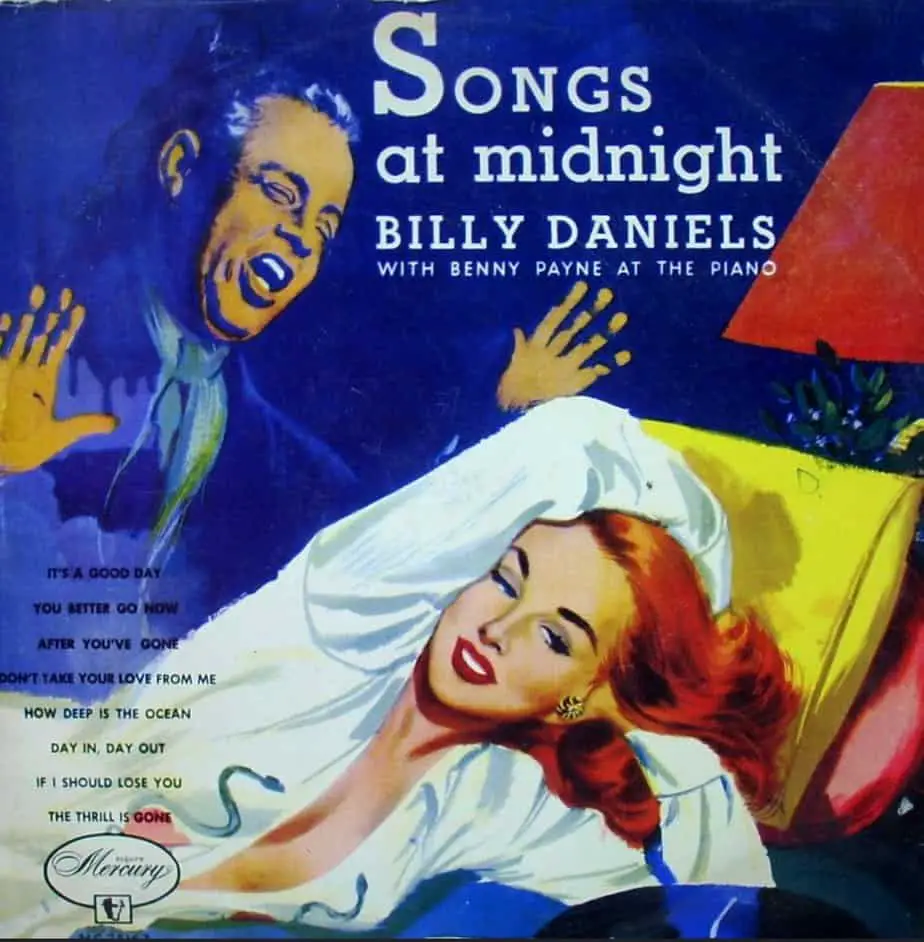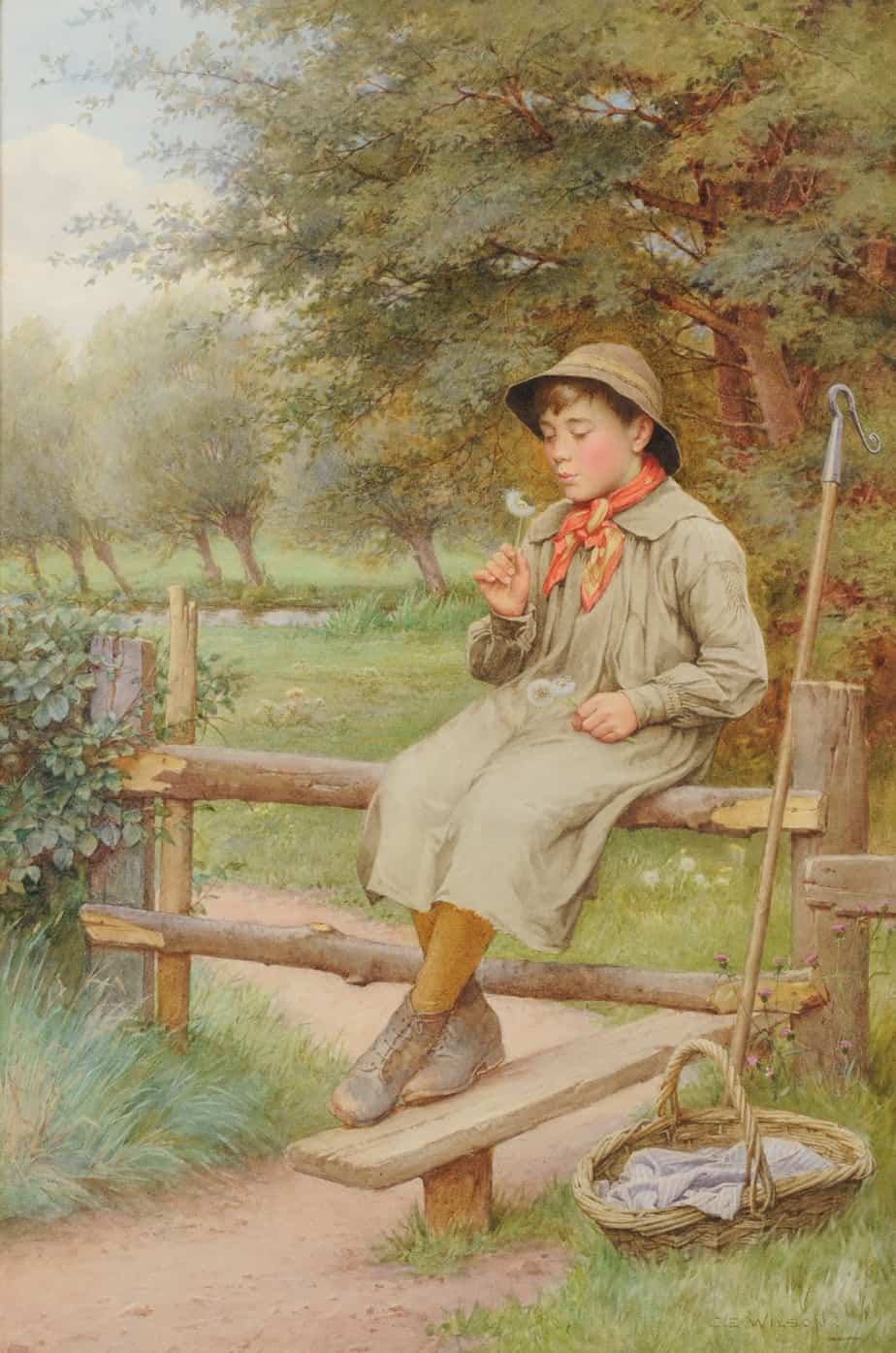-
Magical Times of Day

Before we had clocks, humans paid more attention to the sky and environment. Read older classics such as the novels of Thomas Hardy and notice how characters make use of all their senses once the sun goes down. They couldn’t simply flick on a light. Even though candles have long been available, they were expensive. […]
-
Iterative vs Singulative Time In Children’s Literature

When writing about different temporalities in children’s literature, academic Maria Nikolajeva makes a useful distinction between ‘iterative’ time and ‘singulative’ time. These words come from Gerard Genette, who also came up with useful terms to describe story pacing. Genette talks about three modes of time an influential book called Narrative Discourse: ‘Singulative’ (telling once what […]
-
Paralepsis in Children’s Literature
Paralepsis*: (Faux) Omission. In rhetoric, paralepsis refers to the device of giving emphasis by professing to say little or nothing about a subject, as in not to mention their unpaid debts of several million, but saying it all the same. I know who farted but I wouldn’t want to embarrass Charles. In the name of anonymity, […]
-
Telling A Story Over The Course Of A Single Day

12 HOUR CLOCKS IN PICTURE BOOKS Anyone who has read books to children will already know which of these single-day stories is more popular in children’s books. Some common clocks in picture books: The main character wakes up in the morning, goes on an adventure, comes home to safety and sleeps happily in bed. These […]
-
The Symbolism of Seasons

In stories for children, as in stories for adults, emphasis on the seasons and the circular nature of time gives a story a feminine feel. Each season carries its own symbolism, but it’s not a clear delineation. Why do we associate cycles and seasons with femininity? Who better to teach us something than Dwight Schrute? […]